IMUWORM – the natural answer to worms in cattle (500ml)
£35.50
IMUWORM is a natural product containing a liquid complex of natural extracts and organic compounds specially formulated to support the cattle’s own immune system expel worms naturally. It can be used in all cattle from young calves to adult cattle.
The problems caused by worms in cattle
Worms are also known as gastrointestinal nematodes and cause infections in both young and adult cattle usually during the grazing season. There are several different types of worms, some more pathogenic than others and they are found in various parts of the stomach and intestinal tract.
It has been found that once there is a significant worm burden it can result in reduced appetite with reduced grazing time and therefore lowered feed intake as well as reduced ability to digest forage. The level of burden can be measured by faecal egg counts (FEC) taken from manure samples and by diagnostic tests measuring worm antibodies in milk samples. The worm lifecycle is associated with grazed grass and grazing cattle however following housing, the worm larvae may remain on the pasture over winter and carry over infection from one group of animals to the next the following year particularly if it is permanent pasture.
Whilst cattle develop a level of immunity and suffer the consequences of having a burden of worms during their first two grazing seasons with its accompanying reduction in growth, even when the animal becomes an adult such as a dairy heifer calving at two years old, older animals will continue to have a level of worms albeit at a lower level.
Features of IMUWORM
- Easy to use
- A blend of natural extracts and organic compounds which support the immune system to expel worms
- Gentle on the animals’ gut and digestive tract compared to other products on the market
- Palatable with no known resistance
- On the market since 1999
Benefits of IMUWORM
- Natural product
- Aids appetite and recovery
- Supports optimum growth and performance young stock and beef
- Supports optimum milk output on grazing dairy animals
- No beef or milk withholding period


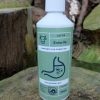
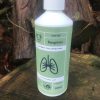
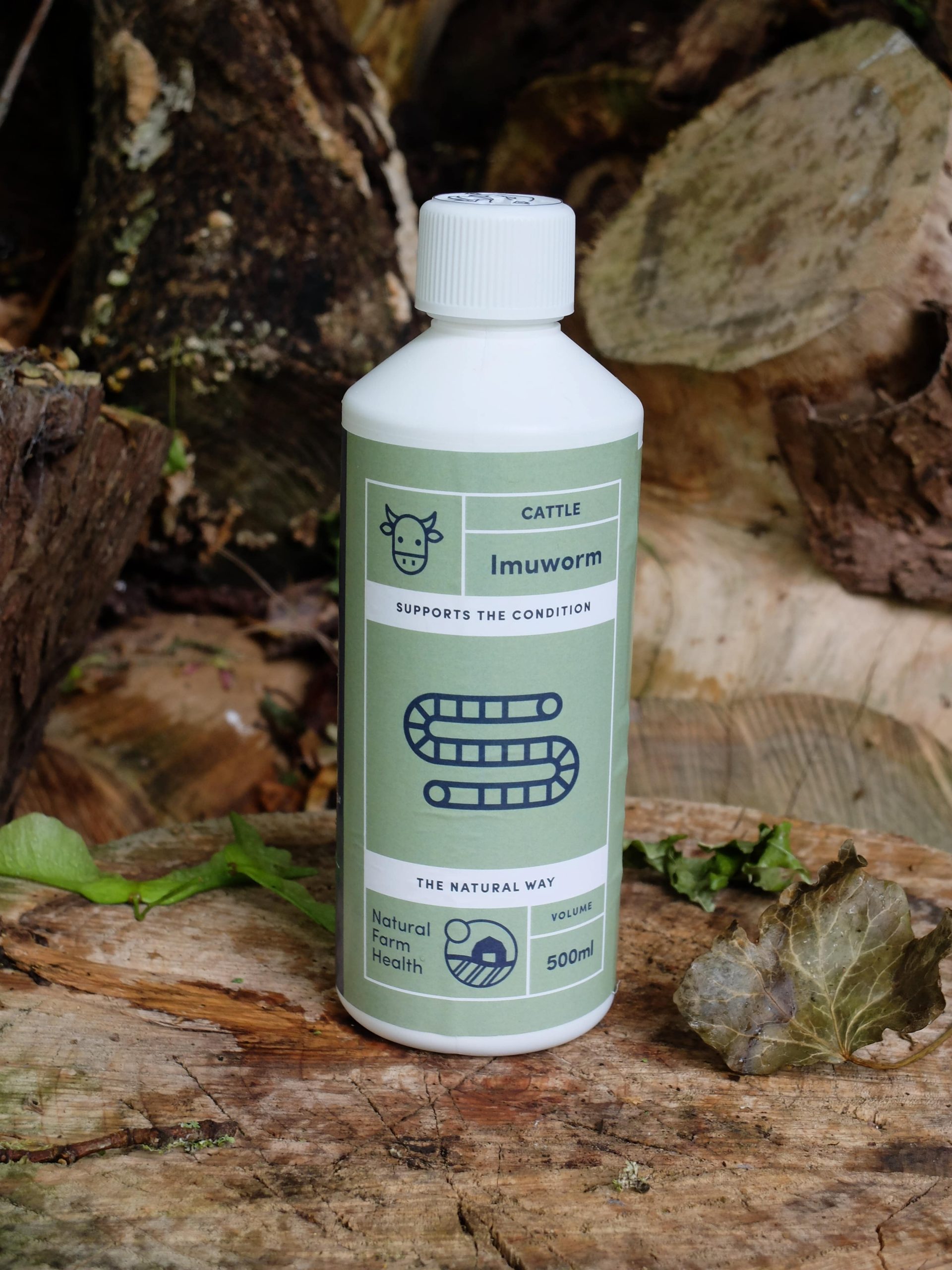
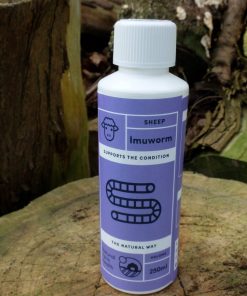
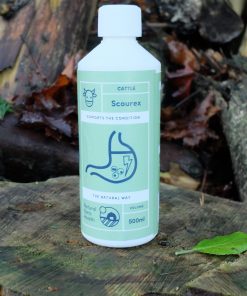
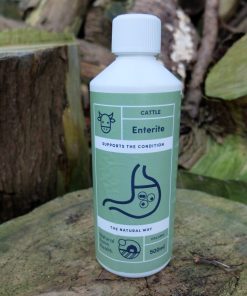
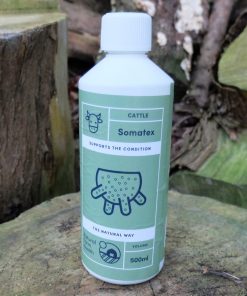
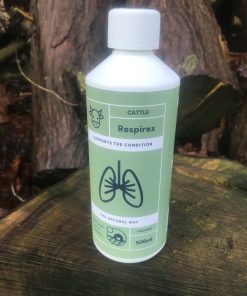
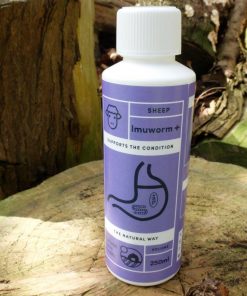
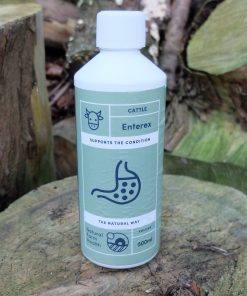
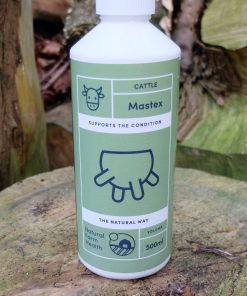
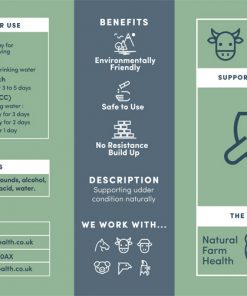
Reviews
There are no reviews yet.